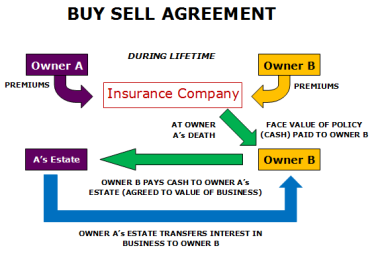Awareness of Travel Insurance has increased tremendously following the incident of MH370 and MH17. Many are worried that they might be injured or even dead when flight catastrophes happen. The main thing people are worried about is how their family members can continue on with their demise or lost of earning ability.
Travel insurance can help cover medical expenses or financial losses you might incur while traveling. It's often pitched as the best protection for those traveling domestically or overseas. This article will explain what kind of coverage you need before you sign on the dotted line and start paying for protection against the unforeseen and unpredictable.
What Does Travel Insurance Cover?
There are four main categories of travel insurance:
- Trip cancellation
- Medical Expenses and Other Expenses
- Emergency medical evacuation
- Accidental death/flight accident
Trip Cancellation Insurance
As its name implies, trip cancellation insurance (sometimes known as trip interruption insurance or trip delay insurance) covers you in the event that you or your traveling companions need to cancel, interrupt or delay your trip.
Policies differ in terms of which reasons are acceptable, but it's fairly typical for this insurance to cover cancellation or interruption for the following reasons:
- Sudden business conflicts
- Delay in processing your visa or passport
- Illness or injury
- Weather-related issues
Some policies may include additional coverage, which would insure you against one or more of the following events:
- An act of terrorism
- The vendor (cruise line, tour company, airline) going out of business
- An accident on the way to the airport
- Jury duty
The insurance pays the difference between the refund you get from the vendor and the amount you originally paid for the trip.
Medical Expenses and Other Expenses
Reimburses the actual necessary and reasonable medical, surgical or hospital charges and emergency dental treatment charges incurred as a result of accidental bodily injuries or death, illness during the Journey including repatriation costs, outside the Insured Person‘s home country for Overseas/Annual Coverage.
Domestic Coverage shall be limited to reasonable medical, surgical or hospital and emergency dental treatment incurred as a result of accidental bodily injuries or death during the Journey including transportation cost incurred in moving the Insured Person within Malaysia. Other benefits include follow up treatment, funeral expenses, compassionate care and child care benefit.
Emergency Medical Evacuation Insurance
This type of insurance provides coverage for medically necessary evacuation and transportation to medical facilities. These costs can easily reach USD10,000 out of pocket if you don't have coverage. This becomes extremely useful should you become stranded in a remote rural area without easy access to needed facilities.
Accidental Death and Flight Accident Insurance
These types of insurance pay benefits to a traveler's surviving beneficiaries, as with life insurance. Benefits are paid out in the event of an accident resulting in death or serious injury to the traveler.
There are other more benefits which are too long to be listed here
Why Travel Insurance exist? Simple.
It is because of protection, Income and Medical Protection.
Contact Us for more information about Allianz Travel Care, which covers risk such as Act of Terrorism



















